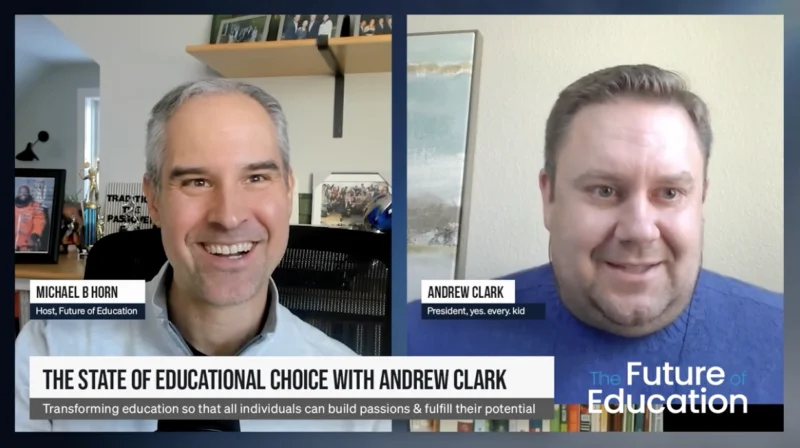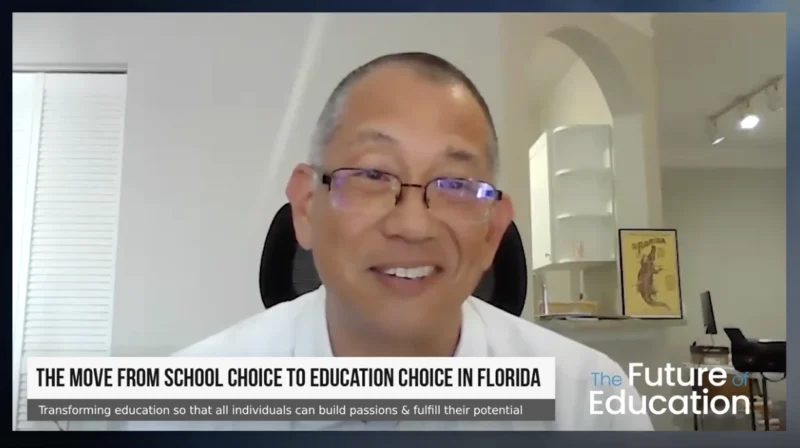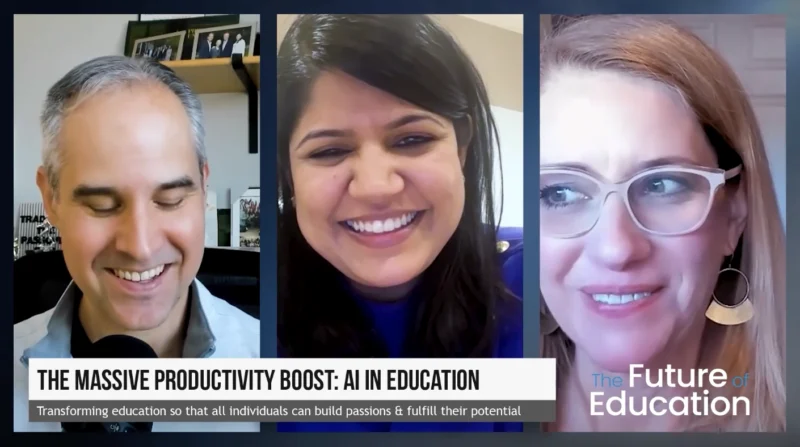Linking Education with Employment: How Aspire Ability is Fighting Underemployment in the Navajo Nation
The urgency of linking education with employment within the Navajo Nation is critical, given the levels of underemployment in the community. This has sparked discussions on how to effectively bridge these gaps to foster community development and individual growth. With communities still reeling from the impact of COVID-19, targeted educational initiatives that align with actual job market needs are more vital than ever.
What strategies can effectively link education with employment within indigenous communities? This question is at the heart of today’s episode on The Future of Education, hosted by Michael Horn.
Joining Michael are Dr. Jon Mott, founder and CEO of Aspire Ability, and Moroni Benally, who supports the work of Aspire Ability within the Navajo Nation. They delve into innovative strategies to enhance job readiness and educational relevance, focusing on their experiences and initiatives to link education with employment within the Navajo Nation. Key points of discussion include:
– The role of Aspire Ability in fostering connections between education providers and employers.
– Challenges and solutions in aligning educational outcomes with market needs within the Navajo Nation.
– Strategies for sustainable community engagement and development through education and employment.
Dr. Mott brings a rich background in educational and corporate learning to the table, having worked at institutions like Brigham Young University and companies such as TD Ameritrade. Benally offers a deep understanding of the Navajo Nation’s unique challenges and needs, based on his extensive community work and policy experience.
Article written by MarketScale.




